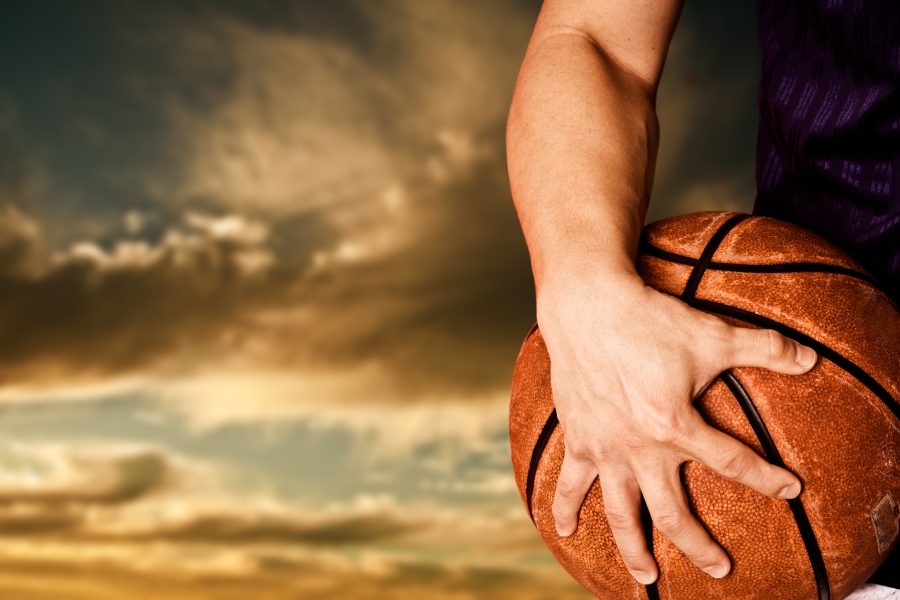4 Pervasive Ways Social Media Has Changed The Sports World

Over the past two decades, science and technology has grown at a significant pace. It was not that long ago when things like Twitter, Facebook and Instagram did not exist. According to a Pew Research Study, roughly 39 percent of adults have used social media for civic or political activities.

Although social media provides people with an easy way to connect, it can also have negative impacts on almost every industry, including sports.
Social media can be both a friend and an enemy. Although the technology allows you to connect with a favorite sports star on what seems like a personal level or for athletes to share thoughts on the game with their fans, whenever an athlete steps over the line and tweets, posts or shares something they shouldn’t, it can be extremely damaging to their reputation.
A Swiss soccer player was expelled from the London Olympics for a racist tweet against South Korea. Athletes have lost careers for posting photos of marijuana in their home or other unsavory posts on social media. Even when the post or tweet is deleted, it doesn’t take long for someone to screenshot the post and share it themselves.
Almost anyone can damage their reputation if they are not careful with how they use social media. Even politicians have ended careers by tweeting, posting or sharing something they should not have.
In June 2011, Representative Anthony Weiner of New York resigned after tweeting a lewd photo, effectively ending his political career. Direct access to voters is not always a good thing as some politicians have learned. Unfiltered tweets and Facebook posts can be damaging to anyone, especially those in the public eye like politicians and athletes.
More and more people are using social media for politics, however. Research indicates that 34 percent of social media users post their own thoughts and comments on political or social issues while 31 percent have encouraged others to take action on those issues. Social media can be a powerful political platform for athletes as well.
It is not just professional athletes that need to be aware of how social media can affect their career. High school students have had scholarship offers rescinded after posting inappropriate things on social media. College students have been removed from teams for the same reason.
A growing number of coaches and athletic department professionals with athletic administration degrees are monitoring social media to determine the character of students they plan to recruit. One high school student who was a top cornerback prospect in New Jersey was expelled for posting sexually graphic tweets and the University of Michigan withdrew his scholarship offer.
Even posting song lyrics can lead to problems. Florida State players tweeted song lyrics that made it appear they were supporting the murder of police. Because it appeared that the lyrics were the thoughts of the players, they were almost suspended. After the incident, the team was banned from using social media during the season.
All of these issues have led to a growing need for professional publicists who can guide athletes and others who are in the spotlight of the best use of social media. For athletes, publicists are crucial as many of them have talent on the field, but are unaware of the repercussions of the wrong social media post.
By providing the athlete with guidance on the best methods to use social networking sites, athletes are less likely to make the mistakes that could lead them to be benched, expelled or dismissed from the team.
Although social media makes it much easier to connect with fans or to share thoughts on the sport, it can be a double-edged sword. An offensive tweet, a Facebook post that appears to promote drug use or a racy Instagram photo could result in embarrassing moments in the media at best or the end of a career at worst.
